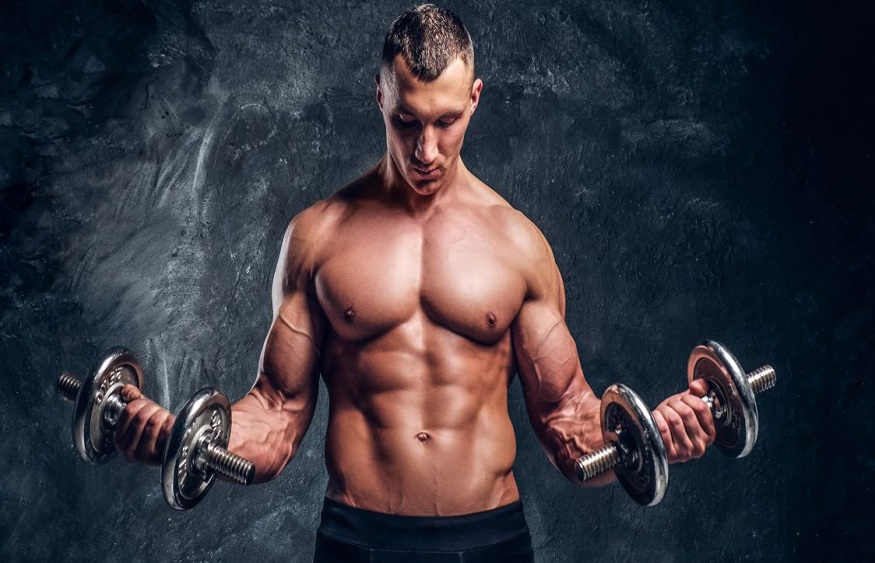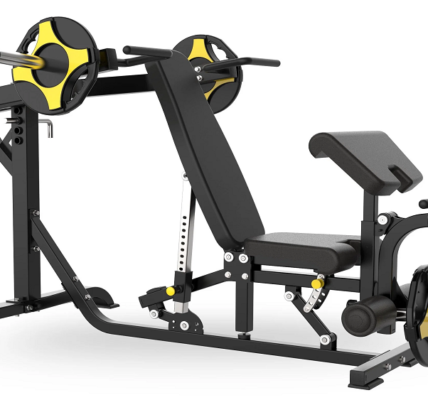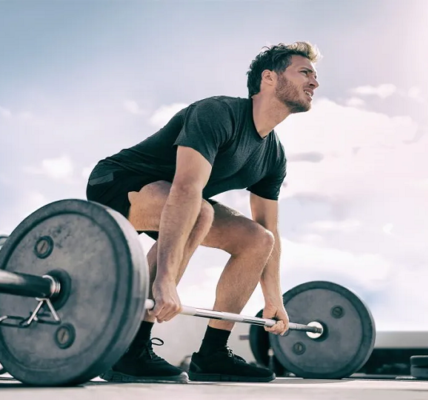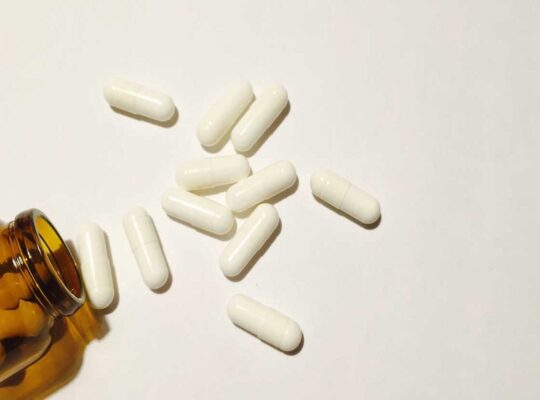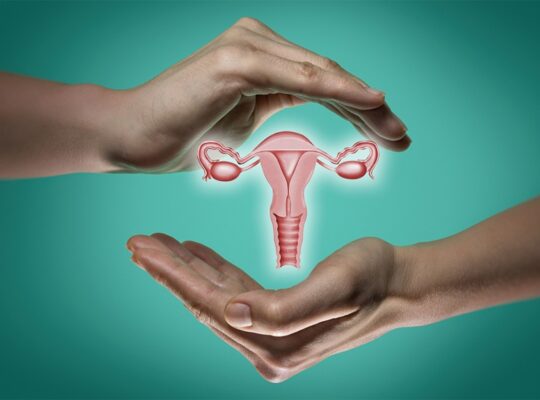Vitamin B12 is an essential vitamin due to our body’s inability to manufacture it on its own. That’s why vitamin B12 supplementation is the easiest option to ensure you’re getting the optimal amounts. People who follow a vegan or vegetarian diet are more likely to be vitamin B12 deficient due to the fact that many of us get our vitamin B12 from meat and animal products. There are actually eight B vitamins in total, each with their own benefits for your body.
As we said, vitamin B12 is mainly found in meat and animal products, including beef, sardines, tuna, salmon, milk and other dairy products. Many of the products above can be a complete meal, which is why athletes choose supplementation. Unfortunately, vitamin B12 can be hard to get, even though it’s found in plant-based milk, fortified cereals, and soy products.
How Does Vitamin B12 Help Muscle Gain And Recovery?
Vitamin B12 has many benefits for muscle gain, recovery, general health and well-being. Below, see how vitamin B12 can help you gain and reduce your recovery times.
Vitamin B12 helps metabolize proteins and fats
Vitamin B12 plays an important role in our body’s ability to metabolize proteins and fats. It’s a simple way to say “break down”, by breaking down proteins and fats, our body is then able to use these elements for many health functions. Consider protein, one of the most important nutrients for muscle gain and recovery.
Protein contains up to 2000 amino acids joined by chemical bonds called peptide bonds. These whole proteins cannot be absorbed into our bloodstream and as such these bonds must be broken and metabolized (Shane, 2008). We all know how important protein is, so imagine consuming all those awesome drinks for zero impact. This is why we need vitamin B12 to help break down these proteins and send them straight to our muscles for gains and recovery.
Vitamin B12 plays an important role in the formation of red blood cells with the help of folate. It doesn’t sound like muscle gain and recovery at all, but you’d be wrong. As the name suggests, red blood cells make up our blood, among other elements, but ignore those at the moment. Red blood cells help carry the body’s oxygen directly from our lungs to working muscles. Why do we need this oxygen? Without energy, our muscles simply could not work. If we have a higher number of red blood cells, this allows more oxygen to be transported to our muscles,
3) Vitamin C
What Is Vitamin C And Where Can I Find It?
Vitamin C is another essential vitamin, which means we can only gain it through the food we eat, but don’t worry, many supplements, such as the Super Multivitamin, contain a high amount of vitamin C. Well, don’t panic, vitamin C has some awesome benefits for both muscle gain, recovery, and other body-boosting things lurking up its sleeve. Vitamin C is actually a powerful antioxidant. Studies have shown that consuming vitamin C in a supplement or food source can increase blood antioxidant levels by up to 30% (Kim et al. 2003), which is quite impressive if you ask.
Vitamin C is found in a host of fresh foods and vegetables, although many do not contain enough vitamin C to meet our RDA, which is why many athletes choose to supplement it for ease and convenience. Vitamin C is found in oranges, black currants, yellow peppers, kale, kiwi fruit, broccoli, lemons, and even Brussels sprouts.
How Does Vitamin C Help Muscle Gain And Recovery?
Vitamin C can be found in some great tasting foods and has a number of benefits not just for muscle gain and recovery. However you are looking to increase your muscle mass and recovery with ease, this should be added to your stack. Find out why below:
Vitamin C reduces cortisol
sounds a bit like car oil, but bare with us here, because it can be a thin line between muscle gain and muscle loss. When we work hard, it increases the secretion of cortisol. It is also known as a stress hormone, best known for helping to fuel your body’s “fight or flight” response. Usually, cortisol levels drop naturally after workouts, but for some, they can stay high for long periods after exercise. High levels of cortisol have been shown to induce a catabolic state in our body which causes muscle breakdown.
Vitamin C reduces muscle inflammation and supports the immune system
Vitamin C can help reduce muscle inflammation, which can lead to better tissue healing. We’ve all been there, the day after a great leg session, you find it hard to walk. Yes, you have worked those muscles hard and you will see gains, but that muscle soreness can also be due to overuse. If overworked, during a training session, it can result in inflammation of the muscles and pain that can last for several days. Not so bad if you know you have a week off, but detrimental if you want to hit the gym the next day. This is the reason why many athletes and sports enthusiasts add vitamin C daily,

